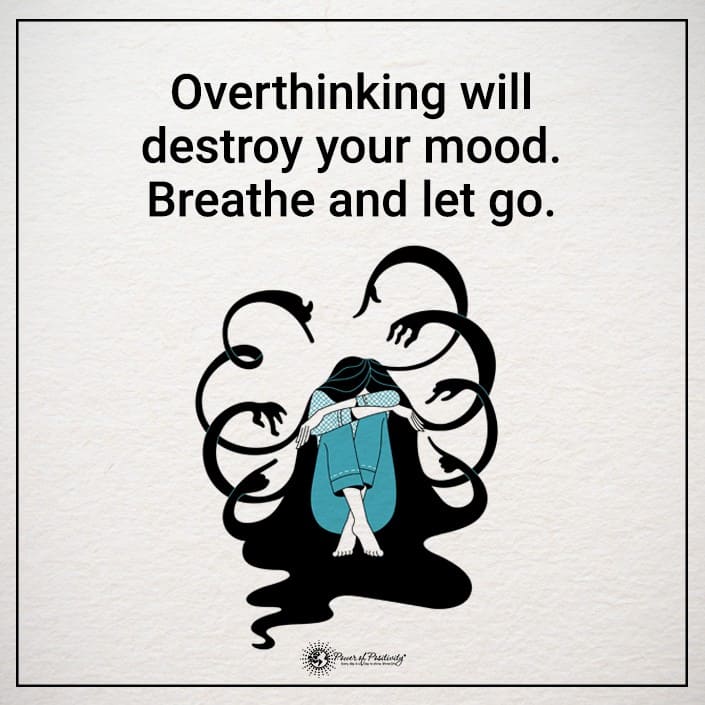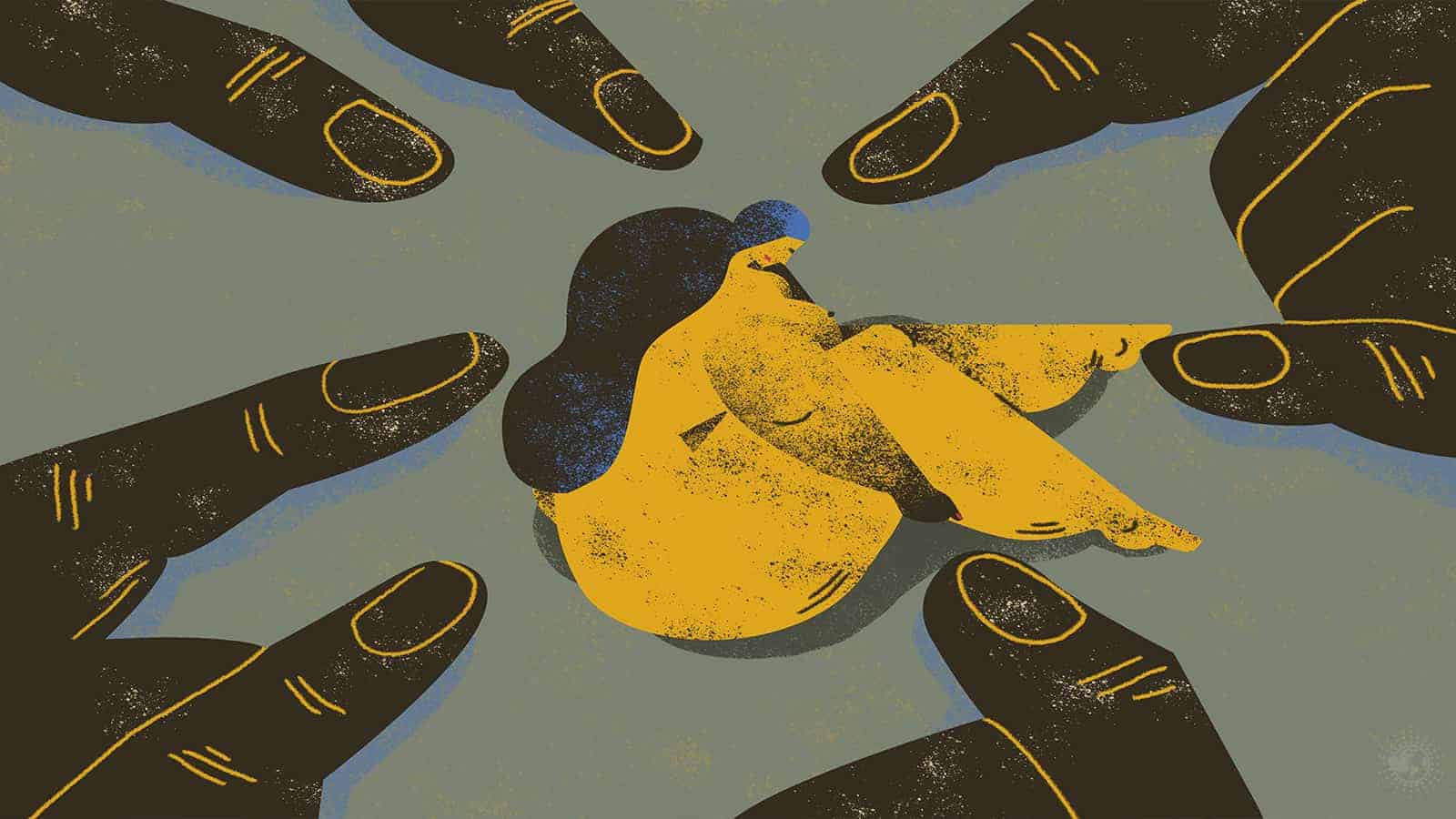Depression and social anxiety are both sadly common disorders, and they’re often comorbid with each other. Their symptoms of social anxiety and depression link closely together. Unfortunately, both can make them a big handful to manage and get under control.
It can be challenging to find ways to handle these disorders’ results, but learning some management techniques will give you an excellent fighting chance at overcoming the worst of those symptoms. Here are five ways to reduce the effects of social anxiety and depression.
1. Be Kind To Yourself
People often overlook the power of self-compassion. When you’re kind to yourself, you give yourself the positive thinking that can help you better manage and handle the effects of depression and social anxiety. You’ll learn to trust yourself and feel confident in yourself, even when your disorders have you feeling down. Here are some specific ways you can start being kind to yourself:
 · Be Your Best Advocate – Know the Symptoms of Social Anxiety and Depression
· Be Your Best Advocate – Know the Symptoms of Social Anxiety and Depression
You are the person in charge of your life and fate, and it is your responsibility to collect knowledge and information regarding any disorders or that you may have. While you should have professional help, it’s also worth noting that few things are as empowering as becoming your advocate. Please read up on depression and social anxiety, learn how to manage them, talk to those you trust about it, and request accommodations from school, work, or other places that you need it from.
· Congratulate Yourself For Going On
Life is tough when you have depression, social anxiety, and any mental illness or disorder. Yet, life goes on, and you do your best to keep up with others and put your best foot forward, even when it’s hard. You continue to survive and even learn to do well for yourself, and that’s something worth congratulating. Stop being so hard on yourself and start showing yourself the understanding and compassion you need!
· Reward Yourself For Progress
All progress is good progress. Sometimes, progress is little, or barely noticeable, or nonlinear. But all progress deserves to be celebrated, no matter how small or inconsequential it seems. Give yourself rewards for the positive changes you see at regular intervals to motivate yourself to keep going. When you see the fruits of your effects, you’ll be more inspired to manage your disorders better.
2. Challenge Yourself
One of the expected effects of depression and social anxiety is that you may find yourself opting for the “safe” routes in life. But the “safer” you stay, the less likely you are to ever come out of your bubble and learn to manage the effects of the difficulties you face.
Challenging yourself regularly is an excellent way to improve continuously. Leaving your safe bubble and comfort zone, little by little and in small, manageable ways, will often reward you. The positive effects of such challenges will encourage you to take more risks in the future. Here are some ways to do so:
· Develop An Exposure Hierarchy
Rushing into difficult situations headfirst works for some people, but most with depression and social anxiety, that’s not the most positive way to go about things. So develop a hierarchy of what scares you the least to the most, ranking them on a scale of 0 to 10. Write down a whole list of things that affect you across multiple situations and organize them in a hierarchy. Once you understand what concerns you most, you’ll be able to prepare yourself for the emotions and impulses involved with each situation, and you’ll know how to challenge yourself and watch yourself climb the fear ladder.
· Set Good Goals For Yourself
Reducing the effects of depression or social anxiety typically involves learning to manage them or overcoming certain hurdles and setbacks that neurotypical individuals may not face. Instead of holding vague goals above your head, write down and set clear, measurable, specific goals for yourself with reasonable expectations and workable deadlines. Then, take a step towards those goals every day, even if they’re small ones. Track your progress and watch yourself grow!
· Make One Small Change
Even when you feel overwhelmed and can’t imagine challenging yourself, all it takes is one little change to see some positive changes and effects. For example, you can participate in a group text once a day, buy bread to make yourself sandwiches instead of not eating anything, or read the news after lunch, so you stay informed on the outside world.
3. Put Yourself Out There
Anyone with social anxiety knows that the concept of “putting yourself out there” is a momentous and often terrifying task. But that doesn’t mean you can’t accomplish it! The trick is to pace yourself, steel up with positive thinking, and be aware of your absolute limits. Here are some ideas on ways to put yourself out there:
· Take A Class Or Join A Club
There’s undoubtedly something that interests you out there, whether it’s something you currently already do or something you’ve always wanted to try. Depression can make it tough to want to do fun things, and social anxiety turns all those fun things into solo activities. But it doesn’t have to be that way! Join a small club related to an interest or take a class on something you’d like to learn. There’s no pressure to socialize openly with others, so use these as opportunities to broaden your horizons while getting a little human interaction in.
· Break Routine
Routine is comfortable for those with social anxiety, and it’s easier to fall into for those with depression. But the constant humdrum of the same old again and again isn’t right for you, as it keeps you even more stuck in unhelpful habits. You don’t need to take up an extreme, exciting routine to change this – all you have to do is go somewhere new now and then. Eat at a restaurant you’ve never tried. Take a different route home. Try a new shopping mall. Watch a show outside of your preferred genre. Get comfortable with the unknown!
· Do Your Solo Activities Outdoors
You can stay in all day, curled up and reading a book or binge-watching shows. Or you could do all of those same things, but outside! Putting yourself out there in this way lets you stay comfortable and within a safe personal bubble, but in such a way that you get to train yourself to feel more accustomed to the world beyond your four walls. Go to a library to work, watch your shows in a coffee shop, or do yoga in a park!
 4. Change The Way You Think to Overcome the Symptoms of Social Anxiety
4. Change The Way You Think to Overcome the Symptoms of Social Anxiety
How you think dictates how much your depression and social anxiety can control you. Altering the way you think and behave challenges what your mental illnesses tell you, allowing you to take power over them and better manage their effects.
Here are some tips for doing so:
· Pay Attention and Be Aware
Mental disorders can be so challenging to manage because the negativity they spawn feels normal and natural. You become so used to the horrible things your social anxiety and depression tell you that you allow them to run, untethered, in the background. Start paying more attention to the thoughts that mull around in your brain, slowing down to concentrate on and address them. You might be surprised by how little positive thinking you have, but your newfound awareness will let you act to circumvent this trend.
· Stop Assuming Nothing Will Work
Depression often involves feelings of hopelessness, and social anxiety will tell you that you’ll only fail or make a fool of yourself. These thoughts aren’t real, and they’re not rooted in reality. Though positive thinking can be hard to muster, you need to stop dismissing all possible solutions because you assume nothing will work for you. You’ll never know until you give it a try.
· Replace Negativity
People with depression and social anxiety tend to get stuck only looking at life through the lens of cloudy negativity. Replacing negative thinking with positive thinking is very tough for people with neurodivergent traits, but it’s doable! When you begin a negative thought, counter it with something positive, and when you’re in a bad situation, crane your neck to seek a silver lining.
5. Practice Your Social Skills
You don’t have to have perfect social skills. After all, the symptoms of social anxiety can make it very difficult for you to read others and function in groups of people, and depression can make you feel a little too down to be welcoming towards others.
No one’s saying you have to become a silver-tongued charismatic casanova, though! All you need to do is have a decent level of social ability to enjoy positive results. When you handle social situations in better ways, you’ll feel less anxious in similar situations in the future. Here are some ways to practice your social skills:
· Greet Your Neighbors
People with social anxiety often do their very best to hide or run away when they see an acquaintance. But what better way to begin building social skills than by merely offering a “hello” to your neighbor, who you see regularly and are expected to greet now and then? A little pleasantry will get you used to small talk and interacting in simple ways without overthinking things.
· Give Good Handshakes
Social anxiety may make it tough to speak, so show your strengths through physical action. Practice giving firm, friendly handshakes, with eye contact if possible. You’ll set a good impression from the beginning and give your social anxiety less reason to pipe up.
· Look For Supportive Social Situations
Hang out with friends who you feel comfortable with and engage in social interaction with them. Take a social skills class where you’ll have to interact with others in a similar position to you. This puts what you’ve learned into practice in the real world, so you build your social ability even in the face of social anxiety.
 Final Thoughts on Some Ways to Reduce The Symptoms of Social Anxiety And Depression
Final Thoughts on Some Ways to Reduce The Symptoms of Social Anxiety And Depression
Living with the symptoms of social anxiety and depression at the same time can make everyday function very difficult. But you can learn to reduce the severity of their symptoms over time. If you need further assistance minimizing the effects of social anxiety and depression, reach out to a mental health professional for advice and other treatment.


















